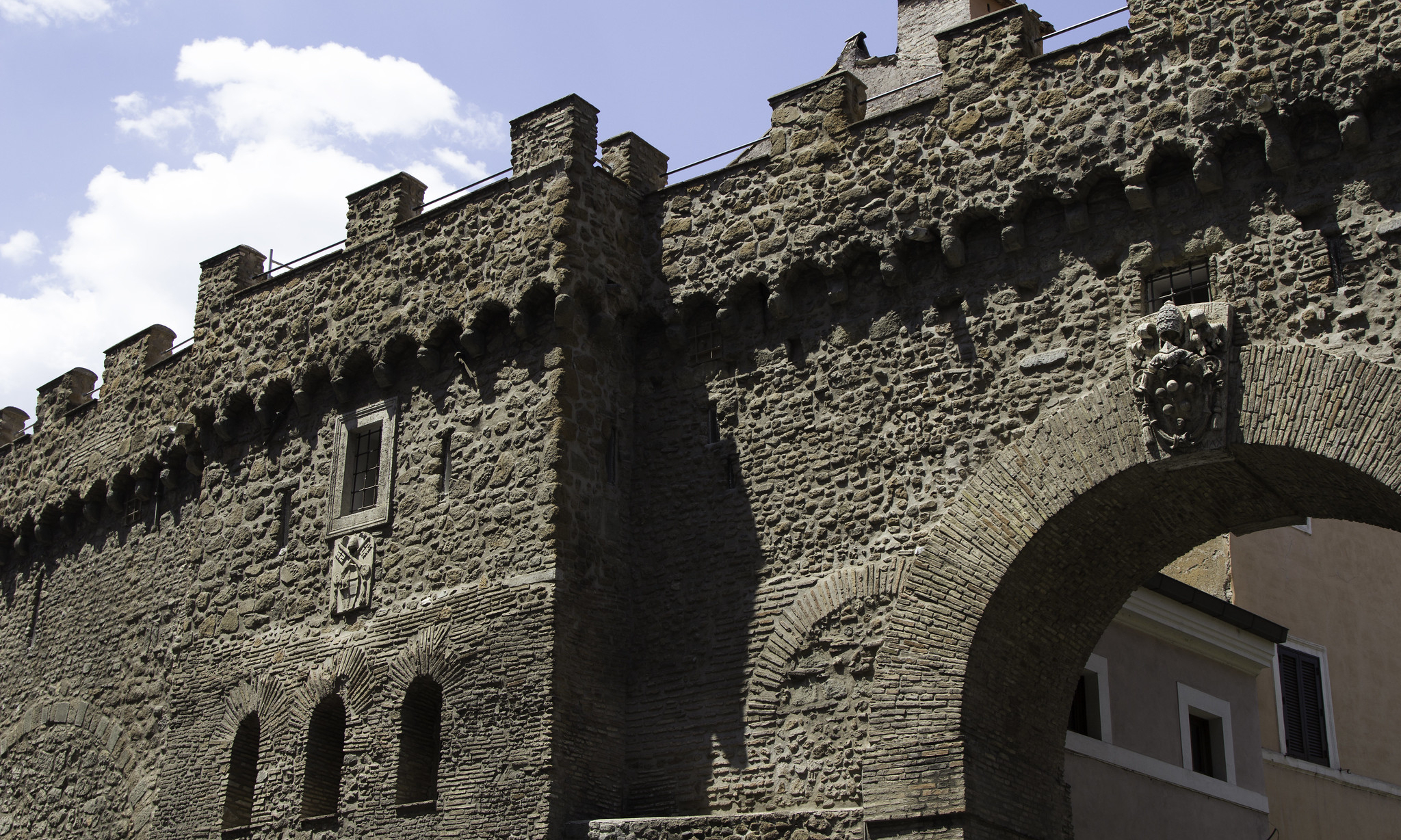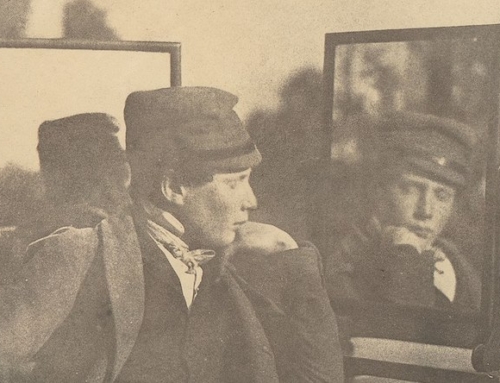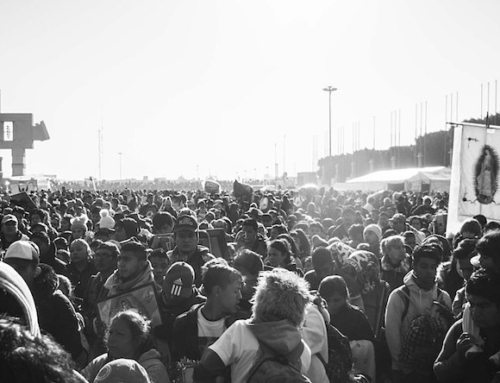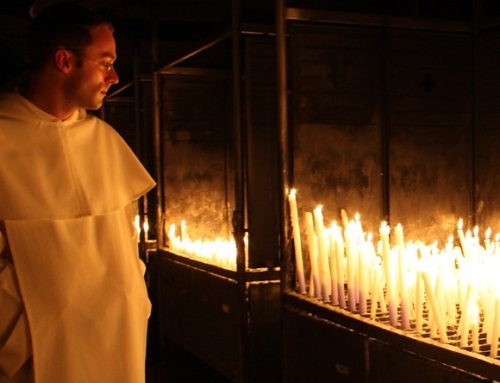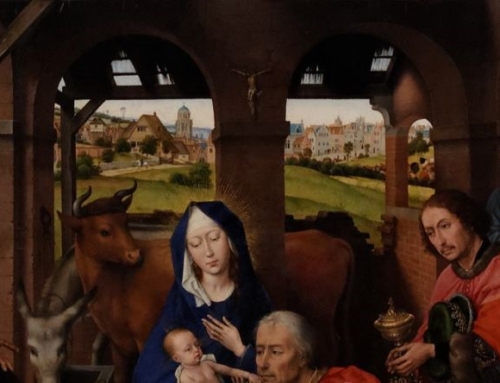I once visited my brother at the Marine base Camp Lejeune, and—as was the custom—I drove through the main gate of the base to arrive at his house. When I stopped at the checkpoint in front of a few Marines, one of them asked for my license and what business I had on the base. After showing him my driver’s license and explaining that I was visiting my brother, he let me pass through the gate.
As I drove away from the main gate, I thought about how these Marines stand for hours every day and night while ensuring the safety of the base. What a boring job! In my ignorance, I thought that they must surely count the hours until they were relieved of their posts. But upon further reflection, I realized that there was something profound about standing watch.
In Psalm 130, we learn that Israel…
…hopes in the Lord
more than watchmen for daybreak.
More than watchmen for daybreak, let Israel hope for the LORD.
This language evokes the image of a vigilant soldier standing at his post. Against the terrors of the night—an unwelcome desire for sleep, feral animals, malicious enemies, and the frightening unknown—the soldier keeps watch, hoping for dawn. He is ever ready to defend the peace of the city against the terrors of the night.
Fortunately, many nights of watchfulness give way to the light. Relief comes by the simple breaking of daylight or the changing of the guard. As the nights of watching come and go, it is possible to forget the grave responsibility of remaining vigilant. The watchman becomes accustomed to his job and may even become bored due to the humdrum of his office. He might look upon his job as something lacking gravity—a simple matter of clocking in and clocking out. There is no real danger during the night . . . right?
There are those few nights, however, that justify the existence of watchmen. On these nights the enemy shows himself, attackers descend, and terror strikes. During these times, the vigilance of the watchmen pays off. His vigilance ensures salvation.
This dramatic imagery shows the wisdom of the Church in asking the faithful to pray Psalm 130 every Wednesday during Compline, the Night Prayer of the Church. We hope for vision of Jesus Christ as the soldier hopes for daylight. We desire the Second Coming as if it is our life’s breath. If only the sun would come, then we would have clear sight of our salvation. If only the dawn from on high would break upon us and dispel the terrors of the night.
As with my initial reaction to the Marine’s job, so it is possible for Christians to become bored and lose vigilance. We may go to Mass and do our daily prayers in a perfunctory manner. Eventually, we may be lulled into a false security by the quotidian nature of life. Vigilance is necessary, however. In fact, we must be even more vigilant, even more watchful, than the watchman waiting on daybreak.
Between now and the Second Coming, we must recall that we are members of the Church Militant, true soldiers of Christ. We may not need to fight off feral animals or another nation’s soldiers, but we are called to engage in spiritual combat. “For our struggle is not with flesh and blood but with the principalities, with the powers, with the world rulers of this present darkness, with the evil spirits in the heavens” (Eph 6:12). Not yet seeing God in beatitude, we stand at our posts—as parents or children; as clerics or laity; as those who have taken religious vows or those who sanctify the temporal order—watching eagerly for the breaking light of dawn and hoping for the sight of the Son.
✠
Photo by Fr. Lawrence Lew, O.P. (used with permission)

